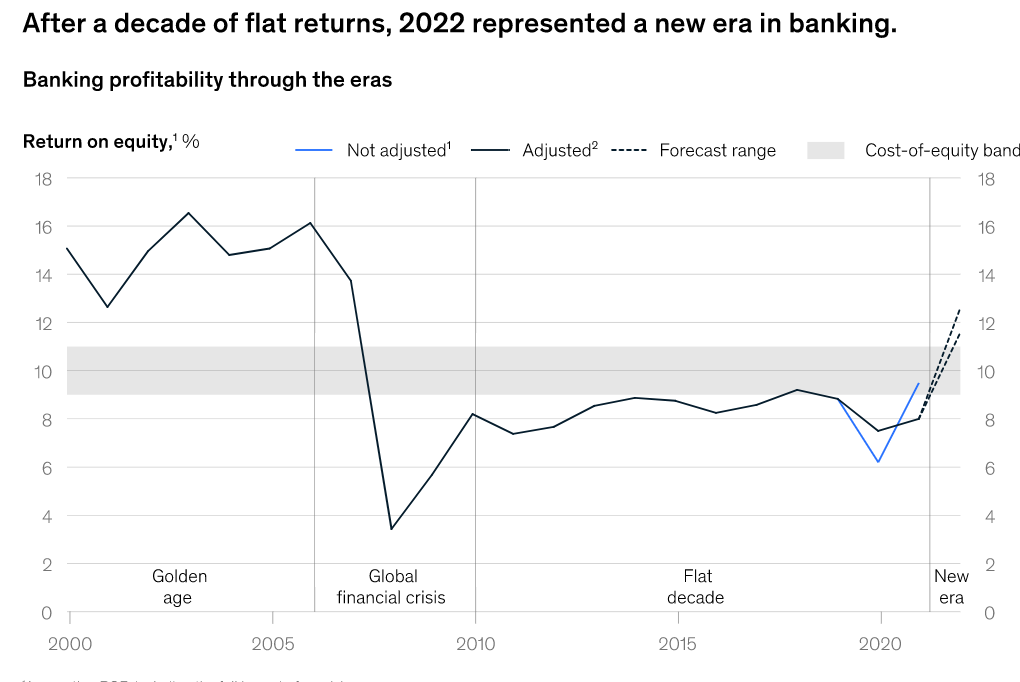Visa wants to give AI Agents "tokens" so they can pay without you ever seeing a checkout page.
Visa's CEO told investors this is their #1 priority.
Here's how it will work 👇
Visa's CEO told investors this is their #1 priority.
Here's how it will work 👇

Imagine telling your Agent.
"I want a signed Pedro Pascal shirt from The Last of Us" don't spend more than $100" -
Then you tap your phone.
The next thing you know, the payment is complete.
Let's unpack the flow as I understood it 👀
"I want a signed Pedro Pascal shirt from The Last of Us" don't spend more than $100" -
Then you tap your phone.
The next thing you know, the payment is complete.
Let's unpack the flow as I understood it 👀
1. Tap a card to a device to get a token for their AI Agent
2. The AI Agent registers with the network as a "trusted wallet" in the same way Apple Pay can register with networks and processors
3. The user gives the AI Agent a mandate (Find a Pedro Pascal shirt, don't spend more than $100)
4. The Auth instructions are finalized ($100 budget, Pedro shirt)
5. The Auth instructions define when step-up or biometric authentication is required (e.g. > $100, or some level of fraud risk detected)
6. The auth instructions are matched between the Agent, and the network at the Merchant (e.g. This agent has a mandate to buy for a max of $100 this SKU)
7. The payment is complete. BUT, Liability remains with the merchant for fraud (!!)
2. The AI Agent registers with the network as a "trusted wallet" in the same way Apple Pay can register with networks and processors
3. The user gives the AI Agent a mandate (Find a Pedro Pascal shirt, don't spend more than $100)
4. The Auth instructions are finalized ($100 budget, Pedro shirt)
5. The Auth instructions define when step-up or biometric authentication is required (e.g. > $100, or some level of fraud risk detected)
6. The auth instructions are matched between the Agent, and the network at the Merchant (e.g. This agent has a mandate to buy for a max of $100 this SKU)
7. The payment is complete. BUT, Liability remains with the merchant for fraud (!!)
You as a customer you could give your AI agent any kind of mandate.
Like,
- Here's $2,000 for monthly groceries.
- Here's $20,000 to book and run ads this month
- Here's $100,000 to hire AI Agents for engineering
Wild. But more so for merchants.
Like,
- Here's $2,000 for monthly groceries.
- Here's $20,000 to book and run ads this month
- Here's $100,000 to hire AI Agents for engineering
Wild. But more so for merchants.
The implications for merchants and acquirer processors are insane.
- Every A/B test you're running? Obsolete.
- Cart abandonment emails? Pointless.
- Conversion optimization? For agents, not humans.
This changes commerce.
- Every A/B test you're running? Obsolete.
- Cart abandonment emails? Pointless.
- Conversion optimization? For agents, not humans.
This changes commerce.
• • •
Missing some Tweet in this thread? You can try to
force a refresh











